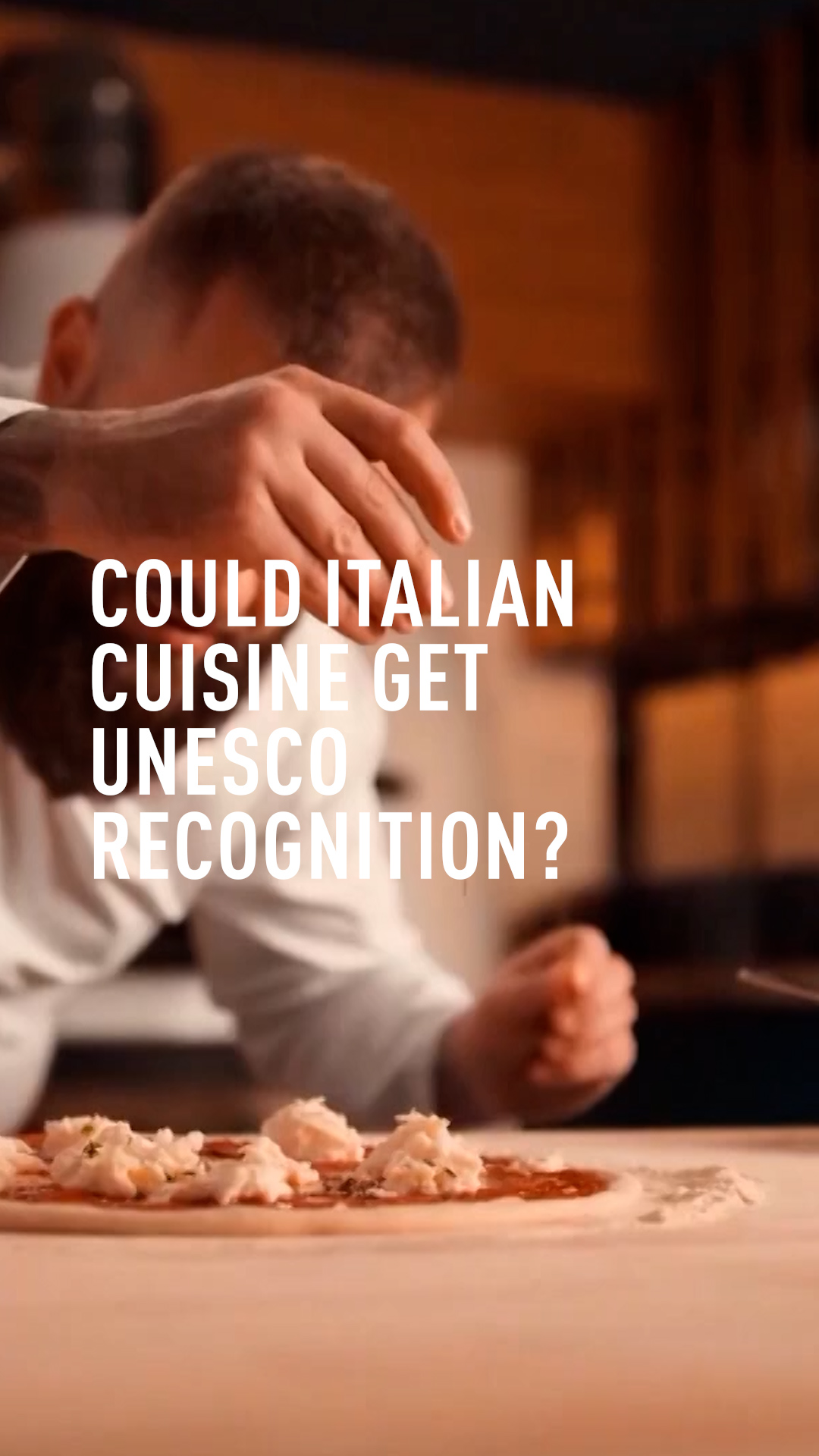The Italian government has officially launched a bid to have its national cuisine recognized by UNESCO as an Intangible Cultural Heritage Item.
The application seeks to protect the rites associated with Italian cooking that are crucial for culture and identity.
02:25

READ MORE
Cheese, coffee, meat... Which food has the worst environmental impact?
Is everything we've been told about food wrong?
The Ultimate Chinese Food Tour
Professor Pier Luigi Petrillo of Rome's Luiss University wrote the candidacy dossier.
"Intangible cultural heritage are traditions, practices and rituals that are transmitted from generation to generation that create a sense of identity for the people who practise the element," he said.
Roscioli is a culinary institution in the capital for both tourists and Romans and, like many Italian restaurants, it is family owned and operated.
Co-owner Mattia Moliterni says the business started in 1972 with a bakery.
"There are a lot of places in Italy like Roscioli where you still find a member of the family still working with passion, without opening more restaurants like a franchise," Moliterni explained.

Pasta is an integral part of Italian culinary tradition. /Yu Haiyang/China News Agency.
Pasta is an integral part of Italian culinary tradition. /Yu Haiyang/China News Agency.
Giulia Teverini is one of the chefs who says that the dishes are made from much more than a recipe.
"Every one of us has a memory of a Sunday lunch with nonna who has cooked a roast chicken or home-made pasta, the kitchen is very connected to our way of being," said Teverini. "When I'm cooking I feel proud, it's like a kind of magic."
It's this connection and knowledge that the UNESCO bid aims to protect and promote.
It's a joint proposal from the ministries of culture and agriculture and also underlines the "sustainability and biodiversity" of Italian cuisine.
"From the vinegar to the oil, to the tomatoes, we have all the ingredients that are special, and it is our environment that allows us to do this kind of cooking," explained Moliterni. "Even if we're a small country, we have many different traditions. So, as you move from one town to another you find different food and have a different experience depending on the climate and ingredients."
It's not the first time Italy has sought to have its culinary culture recognized by UNESCO. In 2017, the art of pizza-making in the southern city of Naples was granted world heritage status.
UNESCO will now evaluate the Italian government's latest proposal and decide by December 2025.
Subscribe to Storyboard: A weekly newsletter bringing you the best of CGTN every Friday